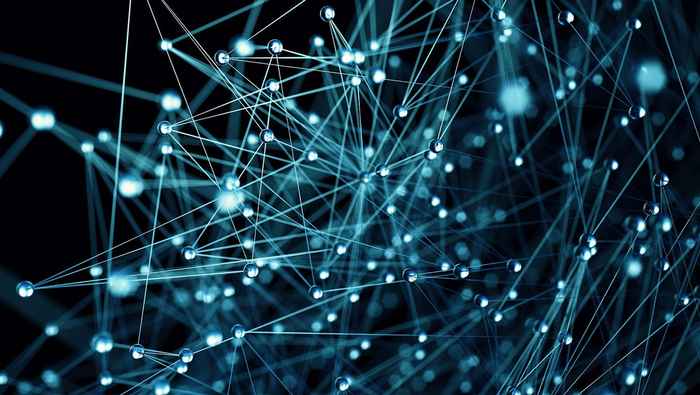The dynamics of cell migration in flat and curved geometries (hybrid)
DIEP seminar by Chase Broedersz
- Date
- 30 March 2023
- Time
- 11:00 -12:00

Title
The dynamics of cell migration in flat and curved geometries
Abstract
In many biological phenomena, cells migrate through flat or curved confining environments. However, a quantitative framework to describe the stochastic dynamics of such multicellular confined cell migration remains elusive. We employ a data-driven approach to infer the dynamics of cell movement, morphology and interactions of cells confined in micropatterns. By inferring a stochastic equation of motion directly from the experimentally determined short time-scale dynamics, we show that cells exhibit intricate non-linear deterministic dynamics that adapt to the geometry of confinement. We extend this approach to interacting systems, by tracking the repeated collisions of confined pairs of cells. By inferring an interacting equation of motion for this system, we find that non-cancerous (MCF10A) cells exhibit repulsive and frictional interactions. In contrast, cancerous (MDA-MB-231) cells exhibit attraction and a novel and surprising anti-friction interaction, causing cells to accelerate upon collision. Based on the inferred interactions, we show how our framework may generalize to provide a unifying theoretical description of diverse cellular interaction behaviors. Finally, I will discuss the collective dynamics cells migrating in 3D curved confining geometries in multicellular spheroids.
About Chase Broedersz
Chase Broedersz received his PhD from the Vrije University in Amsterdam in 2011 on the mechanics and dynamics of biopolymer networks. He then moved to Princeton University where he was awarded a Lewis-Sigler Fellowship to perform independent research on the physics of living systems as an associate research scholar and lecturer. In 2015, Chase started his research group with an appointment as a W2-Professor in statistical and biological physics at the Ludwig-Maximilians University in Munich and was tenured in 2020. From 2017-2020, he was awarded with a membership in the Young College of the Bavarian Academy of Sciences and Humanities. Since 2020, Chase is an associate professor at the VU in Amsterdam in the theoretical physics of living systems with a secondary affiliation at the LMU in Munich.
Location
Institute for Advanced Study
Library (2nd floor)
Oude Turfmarkt 147
1012GC Amsterdam
If you wish to to attend this seminar online, please send an email to w.merbis@uva.nl to receive the zoom-link.